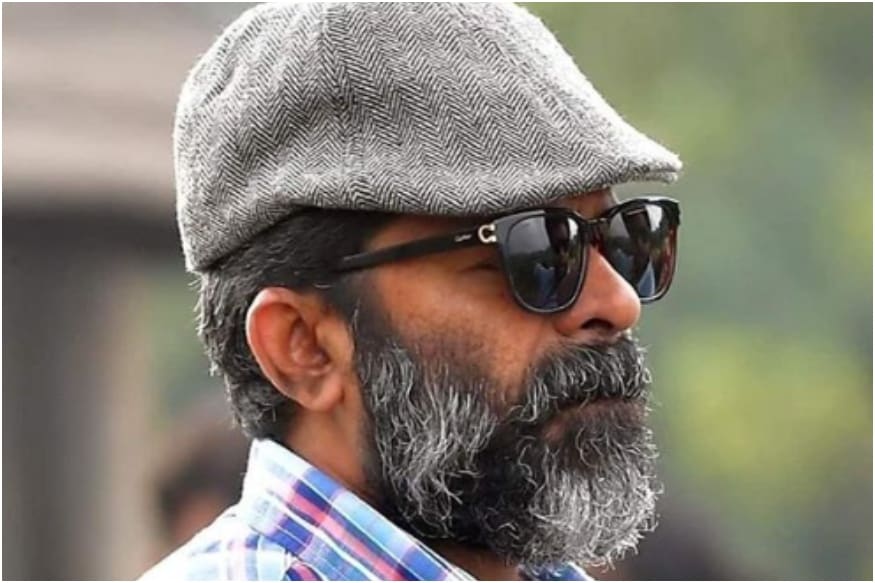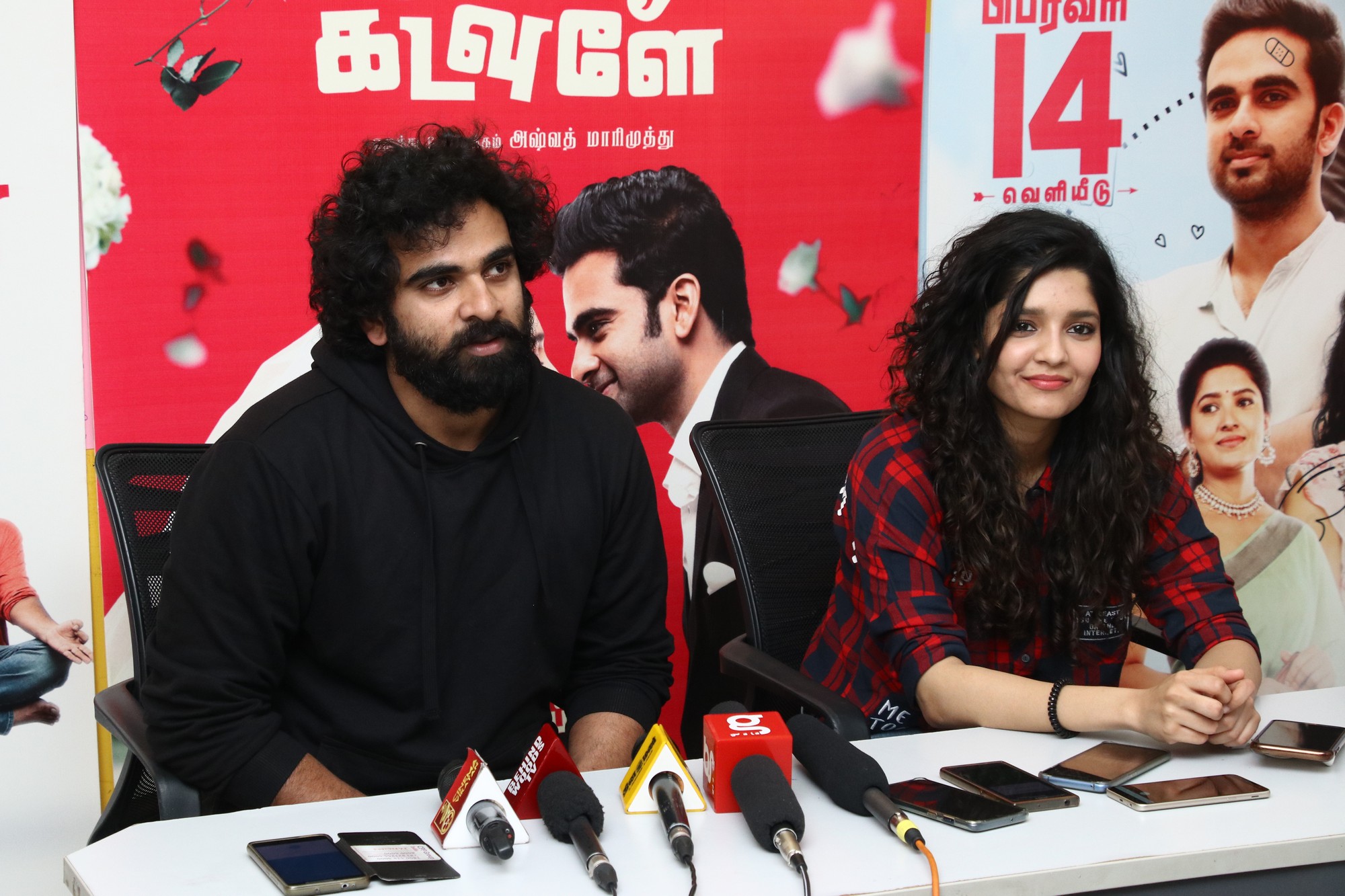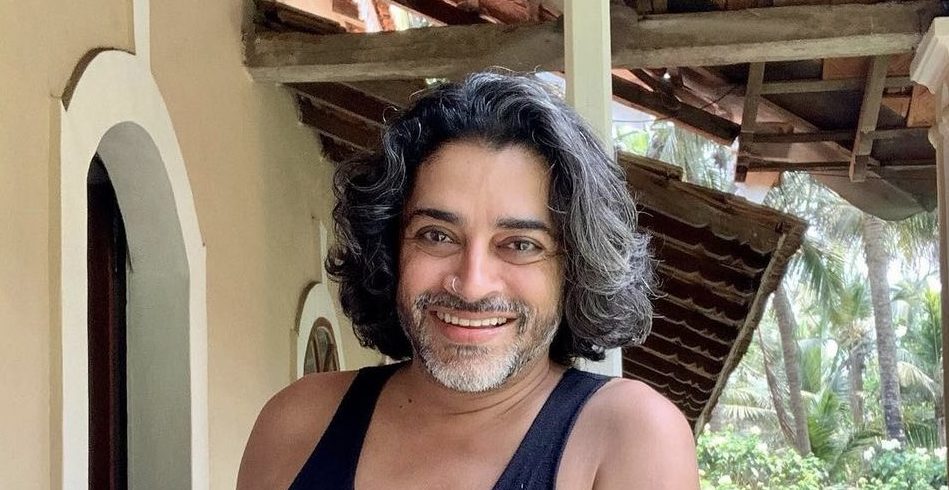There is something achingly sad about the artists who walk out of the party in the middle, straight into the dark night. In the cold of whose absence, many stories lie untold and abandoned.
Writer-filmmaker KR Sachidanandan (48), popularly known as Sachy, who died at Thrissur’s Jubilee Mission Hospital late Thursday evening, was at the peak of his artistic career that spanned 13 years and 12 movies. Every newspaper piece on his remarkable final film, Ayyappanum Koshiyum which released in theatres on February 7, 2020, which he wrote and directed, declared that Sachy was destined for greatness. The film emerged as one of the biggest hits in Malayalam film industry in recent times. Its lead stars, Prithviraj and Biju Menon, gushed in post-release interviews about the wonderful scripts Sachy was working on. A few weeks ago, a Hindi remake of the film was announced, setting the limelight on Sachy once again. Fans of the film unanimously agreed on social media that a lesser director would easily omit the sharp political notes Sachy had inserted into the popular format of storytelling, and turn the film into a vapid affair.
Sachy’s ascent to the peak, most certainly, wasn’t easy or steady. Until Ayyappanum Koshiyum, he was a speck of dust in Malayalam cinema; someone who wrote inconsequential potboilers that peddled absurdities to the masses and unabashedly played to the gallery. For the first four years of his writing career, he paired with another writer, Sethu. They made their debut through Chocolate, a pulpy rom-com, in 2007. Their partnership gracelessly navigated the season of the onset of a new wave in Malayalam cinema, churning out lowly comedies such as Seniors and Make-up Man. After splitting from Sethu in 2011, Sachy wrote seven screenplays and directed two of them. All the films found decent to huge box-office success.
Sachy knew the masses and their tastes. In Joshiy’s Run Baby Run (2012), his first film as a solo scenarist, he used the issue of cut-throat competition in the media industry and the culture of sensationalism to create a comedy-thriller. In his debut directorial, Anarkali, and later in Driving Licence, he stripped young actor Miya George of her demure onscreen image and greatly remoulded her into a comedienne. His former career as a lawyer gave him a trove of curious stories that he used in his screenplays. In, Anarkali (2015), a young couple is pulled away from each other when the law declares their love as criminal. In Rama Leela, the hero who’s fallen from grace uses loopholes in the law to reclaim his life.
Box-office success didn’t make him complacent. In an interview to The Cue in February 2020, he spoke of an old dream he had to give up over the course of life. As a young man, he aspired to join Film and Television Institute of India (FTII) and make “pure cinema”, free of grotesque commercial aspirations. “I’m not entirely happy with the films I did,” he chuckled. “But it is also gratifying to be part of the cinema that entertains a large section of society…” Sachy found happiness in finding and perfecting the algorithm that created cheers and whistles in the movie halls.
Recommended
It was perhaps the traces of that long-abandoned dream that led him to make Ayyappanum Koshiyum. Beneath moments of laughter, cheers and bated breath, he hid the philosophies he might have been waiting to tell the world. He created a narrative where the big men in his previous films became clowns in a theatre operated by nature. He used two giant stars in the film industry, Prithviraj and Biju Menon, to reveal the hollowness of pop-culture hero constructs. He subverted the popular narrative style of the pre-2010 Malayalam cinema, of alpha male heroes and climactic duels, to say masculinity is a burden men carry like mules. He who co-wrote the abhorrent Chocolate where Prithviraj as a college-goer crowed to his female classmate that he could impregnate her in a second and keep her in her place, partly absolved himself by writing a scene where a woman looked Prithviraj’s retired soldier in his eye and said, “Boy, you know nothing about life!”
It is poetic to think of Sachy’s shift from Chocolate to Ayyappanum Koshiyum as an act of reparation, but in all possibilities, it wasn’t the case. He was a malleable writer; changing shape and form to fit into all kinds of pop cinema. Unlike Padmarajan or Lohithadas, the late talents he liked to mention in his media interviews, Sachy created few characters whom he could claim as his “own”. But when he finally accomplished that, he did it majestically. He gifted the audience a film for ages and withdrew from life oh so quietly and dramatically.



